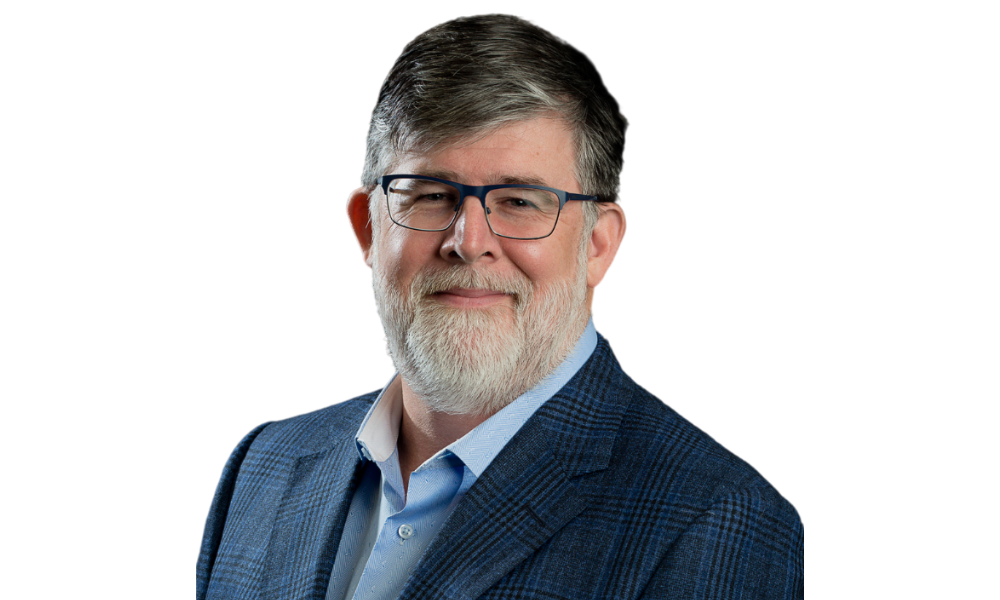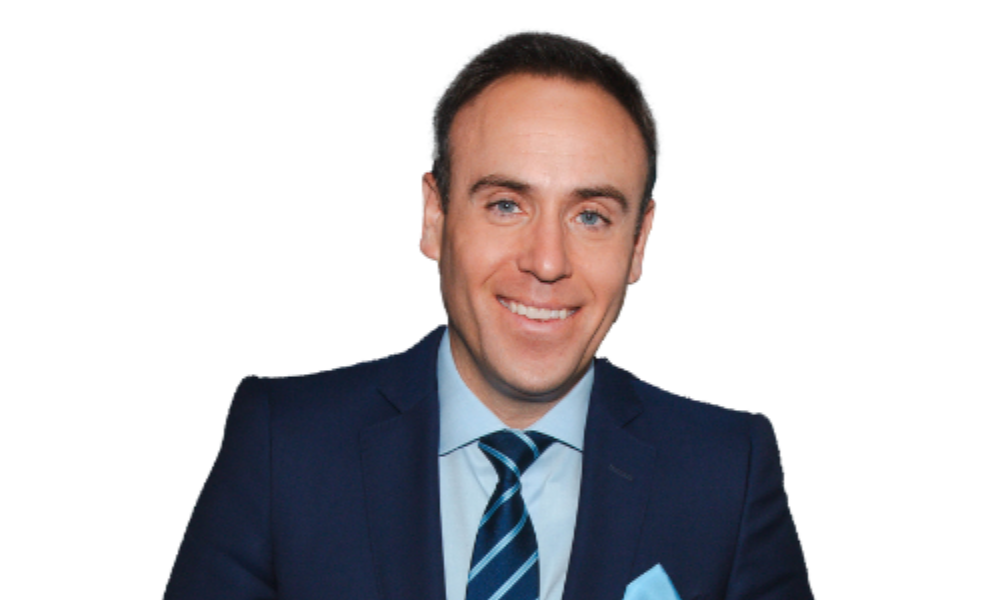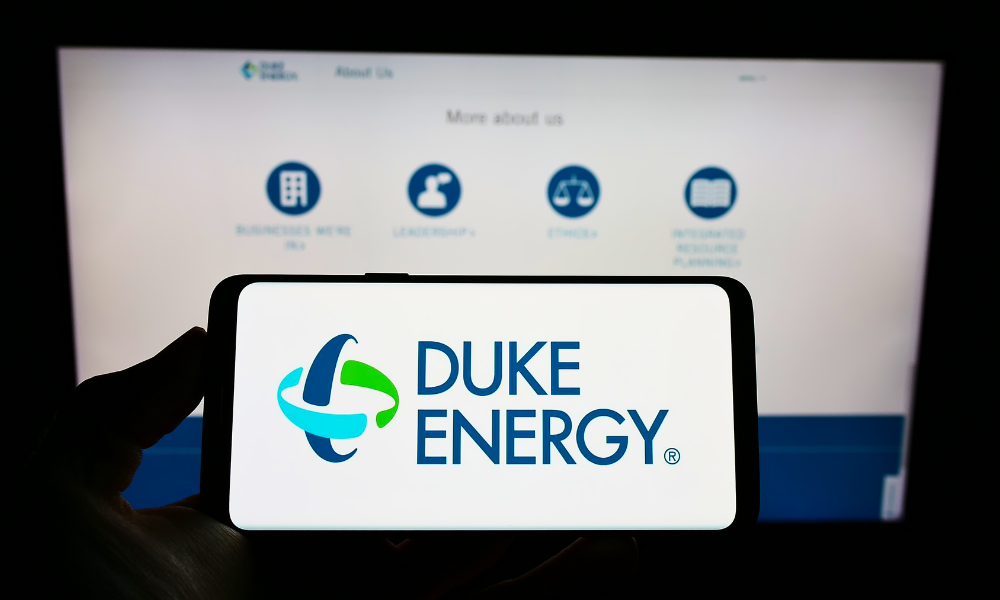Advisory CEO highlights recent iA Richardson deal, argues that firms with distribution and manufacturing arms shouldn’t call themselves ‘independent.’

Colin White has seen his own advisory firms acquired, once by a bank and once by an ‘independent.’ Now the President & CEO of Verecan Capital Management Inc., White was once an advisor with DundeeWealth which was acquired first by Scotiabank and then by iA Private Wealth. He’s worked in an environment where incentive structures, tech stacks, and product availability changed through new ownership. He sees a similar story playing out in iA Financial’s recent acquisition of Richardson Wealth.
White describes the continued use of the term ‘independence’ by spokespeople at iA discussing the deal as “nonsense on stilts.” He notes that while much of the rhetoric around the deal has been about valuing independence, focusing on the delivery of independent advice, and supporting independent advisors, it has been followed up by language about implementing integrated CRM systems and leveraging platforms in tech and asset management. White argues that ‘independent’ advice in Canada needs to mean more than just non-bank. He believes that the advisors, especially those early in their careers, need to define independence as having no ownership by a manufacturer of financial product.
“When you see these news releases go out and they're talking about valuing independent advice, then the very next paragraph is, ‘we're leveraging our tech stack.’ Or they’ll say ‘nothing will change day to day,’ and then ‘we're going to implement a new CRM for them’. Well, that's the opposite of nothing's going to change day to day. They’ll say, ‘we're going to leverage our global asset management capabilities.’ That means they’re going to place their product. The industry is full of situations where, implicitly or explicitly, there is motivation to use internal product. Sometimes it's very explicit, sometimes it's implicit. It can be as simple as featuring internal product and internal experts at every event, but there's nothing independent about this.”
White says he’s making this argument to speak to younger advisors and professionals early in their career. While much of the industry may operate within a model where manufacturers own advisory firms in some form or another, he wants those younger advisors to understand the term ‘independent’ as not owned by or in conjunction with the manufacturing of any financial product. He does not believe that the products these owners incentivize are inherently worse than any others, but he says that the incentive structure may see these products unfairly preferred by advisors and result in them being used in situations where they aren’t in the client’s best interests.
“When the information came out about the push within the banks for sales quotas all the ‘independent’ advisors stood up and said ‘that’s why you need independent advice,’” White says. “Stop it. How independent are you? You have the same incentives going on in the majority of the industry that you have going on at the bank branches.”
While White’s point about product has been widely articulated, by him and others, he also makes the point that ownership of the tech stack may compromise independence. Many firms will argue that scale is key to the successful and efficient implementation of technology solutions, but White says that data ownership is crucial to a firm’s claims of independence. If advisors own their data and if the tech is free of cross-marketing functions, it meets his standards of independence. He argues that technology can be adapted to align with the advisor’s idea of what is best for the client, or it can align with corporate goals of product distribution.
Adam Elliot, President & CEO, iA Private Wealth, says that advisors at his firm retain complete ownership of their client relationships and associated data. The transfer of data in an advisor’s move is regulated by Canadian and provincial privacy legislation, which mandates explicit client consent. He claims, too, that his firm has no explicit or implicit incentives to promote any financial products. He says that advisor compensation at iA Private Wealth is solely based on revenue generation and is wholly independent of product selection.
“iA Private Wealth advisors operate as independent business owners, maintaining full ownership over all aspects of their practice – including real estate, staffing, and branding,” Elliot says. “As entrepreneurs, they have the autonomy to build and manage their businesses within an open architecture framework. While iA Financial Group encompasses multiple lines of business, it has long been dedicated exclusively to supporting the independent advisory model.
White is far from arguing that this business model shouldn’t exist, or that it can’t serve clients. He notes that many of the products that these firms allegedly incentivize are perfectly strong products on their own merits. What he wants to see, rather, is a more judicious use of the term ‘independence’ and an understanding among advisors and even some clients that independent advice means something more than non-bank.
“We can inject some honesty into the conversation for the benefit of the next generation of people coming into this industry so they don’t wake up 10 years in and realize that they’re a salesperson,” White says.
While he pushes for this shift in the way we use language, White isn’t calling for regulatory intervention. He notes, for one, that several widely used terms in the industry aren’t regulated or clearly defined. Even the term ‘senior’ has no official meaning. He hopes that the industry can find space to hold itself accountable for the language it uses, especially when it comes to the tendency towards corporate “double talk.”
But why does language around independence even matter if the client managed to achieve their retirement goals? If someone invested within their risk parameters and had appropriate insurance coverage, if all their needs were met why should they care if ‘independence’ was poorly defined? White sees the point, but responds by arguing that if the incentives exist towards in-house products, then the retiree achieved their goal despite their firm’s incentive structure, not because of it.
“Somebody happened to stumble through the system and got what they need out of the system by accident. I think we should aim for more,” White says. “I think that if somebody is a salesman, call them a salesman, because then everybody's ready for the conversation. If we stopped calling them financial advisors and started calling them financial sales people clients have a different conversation. So if we can fix that, so that people recognize they are getting into a sales conversation, I think that's more likely to produce a positive outcome.”


